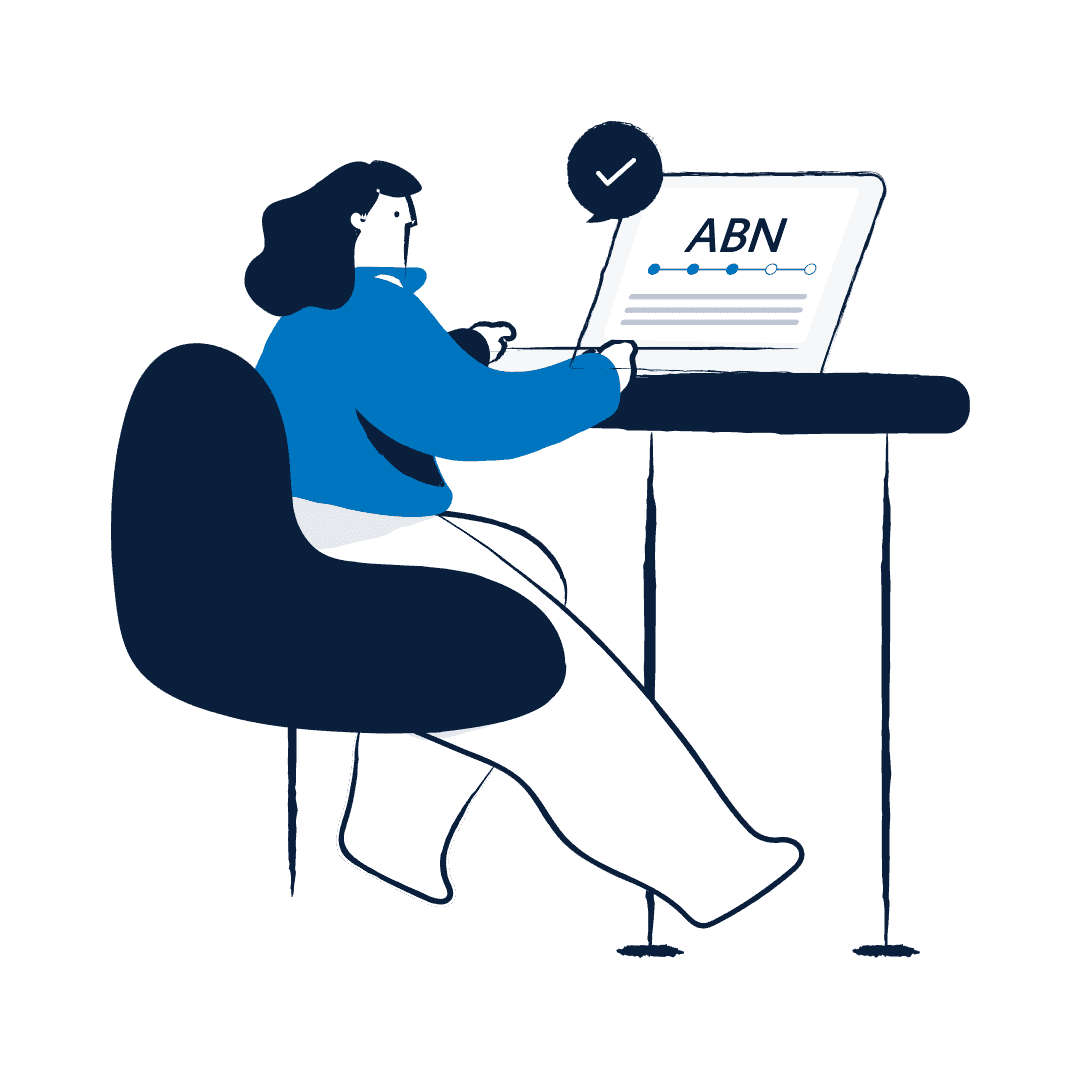Zac is a Product Manager at Lawpath, Australia’s largest and fastest growing online legal platform. Since joining Lawpath, Zac has assisted 1000s of startups and small businesses with their legal needs.
In this series, we review a range of common questions we receive regarding when it is appropriate to register for an Australian Business Name (ABN). If you’re in Australia on a working holiday visa, you might be wondering what your obligations are when it comes to paying tax. Further to this, you might be wondering whether you need to apply for an ABN.
Do I Need an ABN for a Working Holiday Visa?
The simple answer is no, an ABN is not always necessary if you have a working holiday visa. However, depending on the nature of the employment and your employer’s preferences, an ABN may be appropriate or even required.
Working Holiday Makers (Subclass 417)
A working holiday maker (WHM) is a person from overseas with either a 417 (Working Holiday) or 462 (Work and Holiday) visa. If you plan to work in Australia, applying for a TFN is necessary. This will allow you to report income and pay tax.
Tax File Numbers (TFNs)
Your Tax File Number (TFN) is your personal identification number in the Australian tax and superannuation systems. When you start work, your employer will ask you to declare your TFN so they can work out how much tax to withhold from your pay. If you don’t have one, you will need to apply for one online.
Australian Business Numbers (ABNs)
Like a TFN, an ABN is a unique number (11 digits) which allows you to be identified for tax purposes; it is required for businesses operating within Australia. You cannot apply for an ABN without first having a TFN. The Australian Taxation Office (ATO) provides detailed information on your TFN obligations and how you can apply. For more information on how to apply for a TFN check out our previous guide. WHMs with an ABN are usually providing their own business in Australia.

Start your ABN application in minutes!
Need an Australian Business Number to start a casual job? We've got you covered.
ABN Requirements
To work in Australia, you must have a TFN. An ABN, while not necessary, may be useful for WHMs working for themselves, such as architects, babysitters and labourers. Essentially, if you are offering services to other businesses, an ABN is useful for tax purposes.
Another instance where you might need an ABN as a WHM is where your employer requires it as part of the employment. Since the ABN and TFN application processes are free, it may be useful to apply for both upon arrival to Australia so that you are ready to provide whichever your future employer prefers. If you are planning to work for a sub-contractor or an agency, it is likely you will need an ABN.
Things to Keep in Mind
If you are working with an ABN, keep in mind that normally, employers will not withhold tax from you as is the case with a TFN. This means you must make sure to save enough money to pay this tax at the end of the financial year (30 June). At this time, you must report your income to the ATO, who will add it up and assess tax. Read our easy guide on how you can lodge your individual tax return.
As of 2021, income is taxed at 15% until you earn $45,000 or more. However, if your employer is not registered with ATO as an employer of WHMs, you will pay the foreign resident tax rate of 32.5%. Australian resident taxpayers do not have to pay tax on the first $18,200 they earn. They then pay 19% until they earn $37,000.
A final consideration is your entitlement to superannuation. While you work in Australia, your employer should be paying contributions to your superannuation fund for retirement. This becomes payable once you leave Australia. Read the ATO information to find out if you are eligible to receive Departing from Australia Superannuation Payments.
It is always advisable to contact a taxation lawyer to understand your rights and obligations.

Get a fixed-fee quote from Australia's largest lawyer marketplace.






